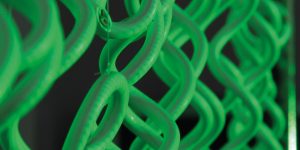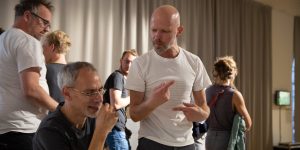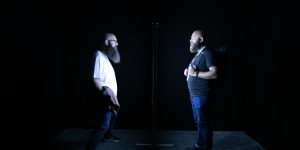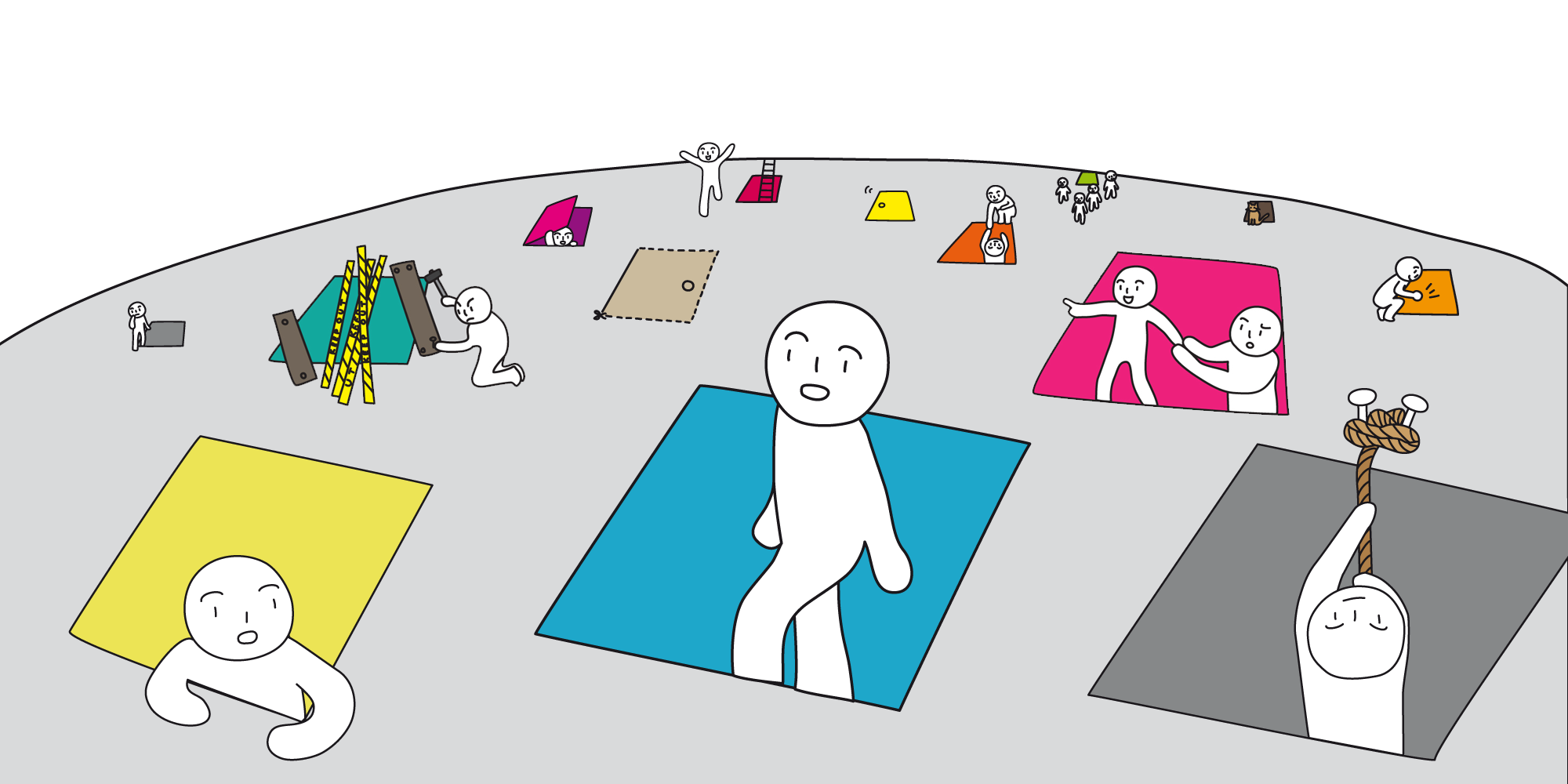tools

TRANSCODE!
University of Art and Design Linz, Interface Cultures
Knowing that technology will not save our world, we call for unsecured transcode! The Interface Culture Department of the Linz University of Art and Design is celebrating its 15th anniversary within the 40th anniversary of the Ars Electronica Festival. Reason enough to embark on a comprehensive transformation process and to examine processes of transcoding in particular and in general in the form of an exhibition, performances and presentations as well as discursive approaches.

Introduction to Posthuman Aesthetics
Mindaugas Gapševičius (LT/DE)
Installation with devices and videos (2016-2019) These toolkits invite their users to carry out scientific experiments on a DIY level and be able to introduce their simplified, accessible versions to a broader community. The prerogative is to render and outline methods for independent research, opening the black box of empirical experiments to individuals across disciplines. Whether framing the discussion of political, economical, or cultural issues, the toolkits question the creativity of non-humans and do not presume humans to be the only creative force at work.

100 Jahre Bauhaus: We are not alone / Shared Habitats
We are not alone consoles and warns us: it promises an answer from the ecosphere – animals, plants, cosmos, which speak to us in an old-fashioned way – just as it reminds us that we still do not understand enough of this ecosphere, just as we overlook many other humans who do not live in our culture, our sphere of life, or our social class. And it reminds us that the world does not end with the Earth or even our own limited field of vision. At the same time, the title points out that our technologies are not passive tools that we use with our hands. Rather, they have mutated into co-creative teammates who make predictions, take decisions, and not only generate their own suggestions for action but also implement them. We are not alone! As artists and descendants of the Bauhaus, we recognize that our role is changing. We no longer believe in the heroic genius of the master who forms the world in a state of intuition. Embedding and feedback reveal that responsible action requires diverse cognitive variations that involve the counterpart in a performative way.


